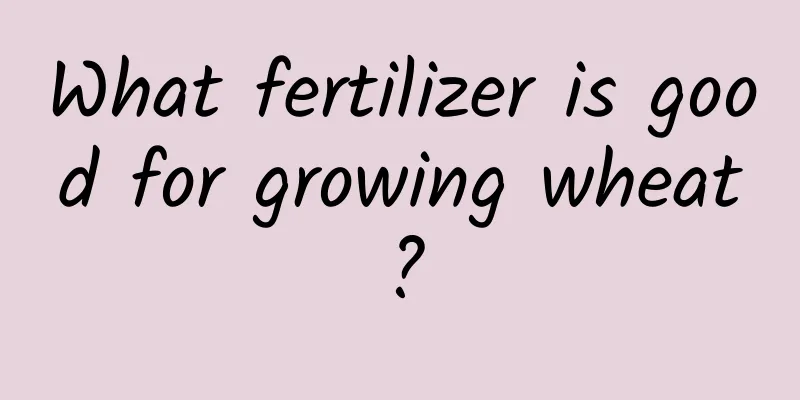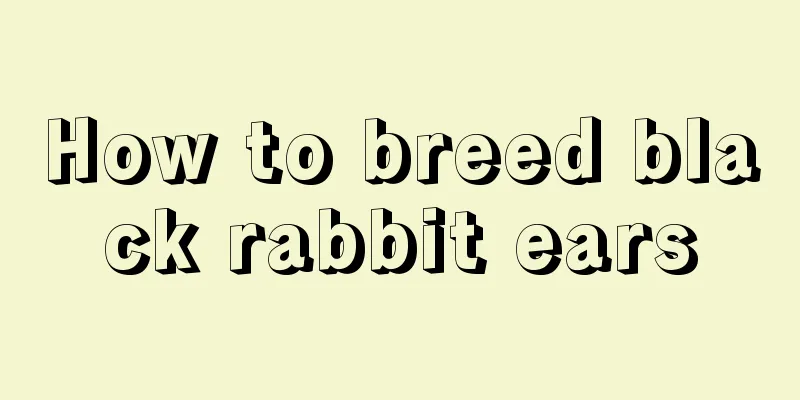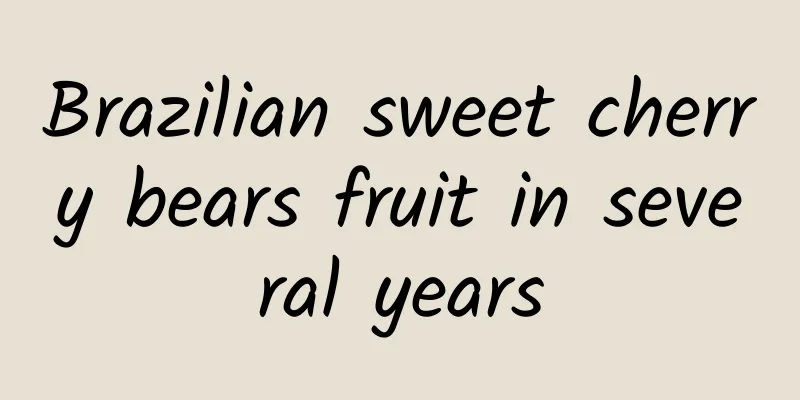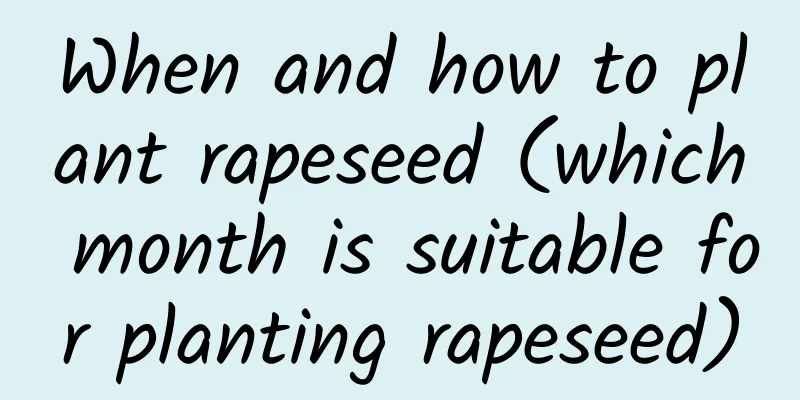What fertilizer is good for growing wheat?

Fertilizer for growing wheatPlanting wheat requires the application of nitrogen, phosphorus and potassium fertilizers, but the fertilizers required in different growth periods are different. Base fertilizer should be added in advance before sowing to ensure the nutrient needs of the seedling stage. Nitrogen fertilizer is needed after the wheat seedlings turn green, potassium fertilizer is needed during jointing, and a large amount of phosphorus fertilizer is needed from the beginning of heading. Nitrogen fertilizer must be controlled in the later stage to avoid reducing yield. Wheat base fertilizerWhen planting wheat, a compound fertilizer with medium nitrogen, high phosphorus and low potassium can be used as base fertilizer. This is determined according to the growth needs of the plant. In the early stage, more phosphorus fertilizer and less nitrogen and potassium are needed, so high-phosphorus fertilizer is applied as base fertilizer. Nitrogen fertilizer and potassium fertilizer can be supplemented during the jointing period. Wheat topdressingWheat grows well because it is planted in a plot with sufficient fertility. A small amount of topdressing can be applied. During the jointing stage, high-nitrogen compound fertilizer can be applied in combination with watering to reduce tillering, make the stems strong, and enhance the ability to resist lodging. Fertilizer for wheat growthDuring the wheat growth period, fertilization can be combined with watering, applying 15 to 20 kilograms of high-nitrogen compound fertilizer or nitrogen fertilizer per mu to increase effective tillering and improve yield. The correct way to fertilize wheatBefore sowing wheat, base fertilizer can be applied when tilling the soil. For arid plots, fertilizer can be applied deeply to the bottom of the plow and covered with soil. For plots with heavy soil, fertilizer can be spread first and then plowed to turn the fertilizer into the soil. Compound fertilizer can be applied to high-yield fields. If conditions permit, it can be mixed with farmyard manure for better results. Precautions for wheat fertilizationDo not apply fertilizer blindly during the wheat growth period. If the soil nutrient content and wheat yield level are not considered when determining the amount of fertilizer to be applied, and too much fertilizer, especially nitrogen fertilizer, is applied, it will cause an increase in ineffective tillering, stem lodging, decreased cold and disease resistance, easy frostbite in winter, and aggravation of diseases and pests in the middle and late stages, affecting the yield. |
<<: What fertilizer is good for cowpea topdressing?
>>: When is the best time to prune wolfberries?
Recommend
The growing environment and local conditions of Pinellia ternata
Pinellia growth environment and conditions Pinell...
How to grow and what to pay attention to when growing peace trees
1. Lighting The peace lily has a relatively large...
Where can I buy apple saplings wholesale?
The conditions for growing apples are relatively ...
The difference between Hawaiian coconut and rich coconut
1. Different leaves Hawaiian coconuts have relati...
How much does a honeysuckle seedling cost and how to plant it
1. How much does it cost? The price of honeysuckl...
Key points for kiwifruit management in July
July is a critical period for fruit tree manageme...
How to grow Taiwan lily
1. Soil Taiwan lily prefers fertile, humus-rich, ...
When is the best time to plant asparagus?
Asparagus planting time Asparagus is a plant of t...
Is trumpet creeper poisonous?
Is it poisonous? In fact, Trumpet Creeper is not ...
What are the cultivation methods and precautions of Gardenia?
Gardenia cultivation method Gardenia is a plant o...
When is the best time to prune June Snow?
The effect of June snow pruning June snow is a fl...
How to prevent balcony vegetable diseases and insect pests
Prevention Use well-drained soil: Moisture is a s...
Does hibiscus need a large pot or a small pot? What size pot is appropriate?
When you first start planting hibiscus, you will ...
Can Aloe Vera be watered with beer?
Can Aloe Vera be watered with beer? Aloe vera can...
How to grow dahlias
Soil selection for dahlias Dahlias grow best in l...









